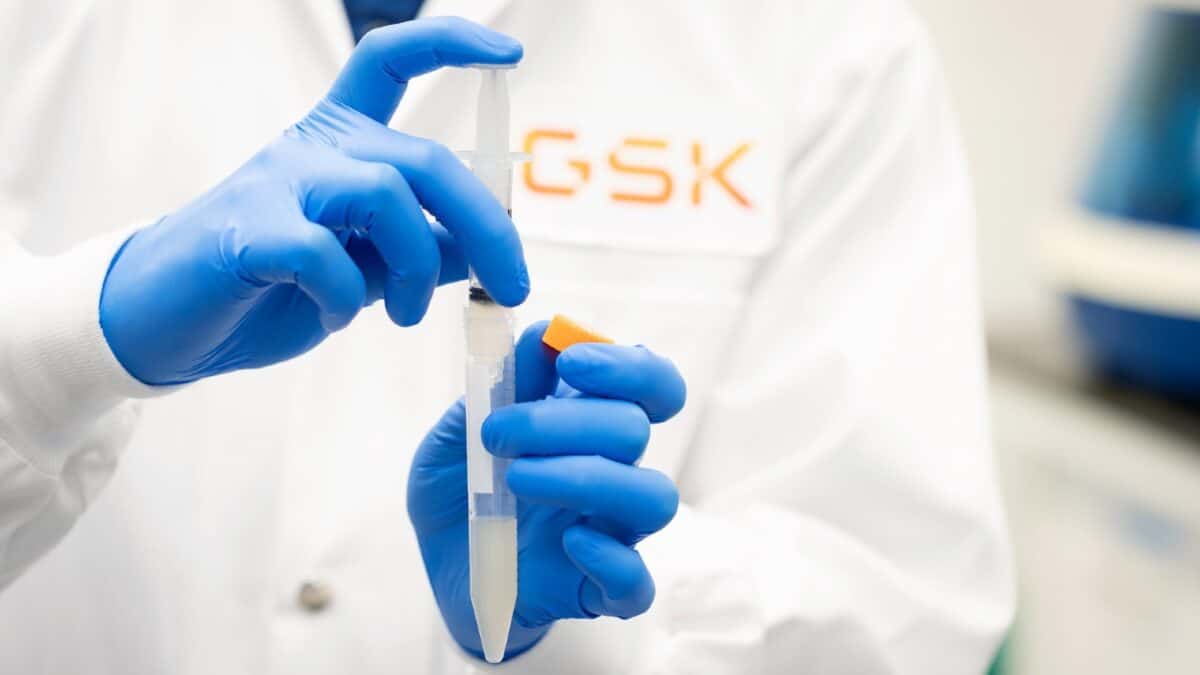The GSK (LSE: GSK) share price seems to have gained some momentum over the past six months, rising over 15%. Half of this growth has come in 2024 alone.
Even after this share price rise, I think the shares look pretty cheap. For this reason, I am debating whether to add this UK pharmaceutical stock to my portfolio today.
Valuation and dividends
One of the primary drivers behind my interest in GSK stock is its low valuation. Currently trading on a price-to-earnings (P/E) ratio of under 10, the stock does look cheap to me. For context, the FTSE 100 average P/E ratio usually hovers around 14.
Should you invest £1,000 in Volex right now?
When investing expert Mark Rogers has a stock tip, it can pay to listen. After all, the flagship Motley Fool Share Advisor newsletter he has run for nearly a decade has provided thousands of paying members with top stock recommendations from the UK and US markets. And right now, Mark thinks there are 6 standout stocks that investors should consider buying. Want to see if Volex made the list?
Looking at GSK’s competitors, the stock looks even better value. For instance, Pfizer traders on a P/E multiple of 72 and AstraZeneca trades on a P/E multiple of 35. More widely, the pharmaceutical sector average sits around 22. Looking at these figures reinforces my thesis that the shares are vastly undervalued.
In addition to the low valuation, GSK offers a healthy dividend yield of 3.5%. While this isn’t the highest in the Footise by any standard, it’s still more than I could expect to earn in any savings account. What’s more, dividend payments give me the scope to earn passive income for my portfolio, which I can reinvest to compound my returns.
Positive results
Yesterday, GSK issued its Q4 and full-year 2023 results. Total sales rose 5% year on year with operating profit rising by 12%. These are great indicators of positive business performance. Investors seemed to have reacted positively to the news, with shares shooting up over 3% upon market opening.
Looking forward, CEO Emma Walmsley stated “We expect to deliver another year of meaningful sales and earnings growth in 2024”. In terms of specifics, the business expects sales growth of between 5% and 7%, with operating profits to rise by 7% to 10%.
Dividends are also set to rise to 60p per share, which will help bump up the all-important yield for investors wanting to generate passive income.
Rocky road ahead
One risk I do see for GSK is the high interest rate environment. The typical model for the pharmaceutical industry is to raise capital from external investors, to fund rounds of clinical trials of new drugs.
The problem is that when interest rates are higher, funds find it harder to raise capital from investors. This could slow the progress of drug development, ultimately filtering into lower profits for companies like GSK.
Would I buy now?
I think GSK shares are heavily undervalued compared to the wider market. In addition to this, encouraging results and a positive outlook enhance the investment case. For these reasons, I would be buying GSK shares if I had the spare cash today.








